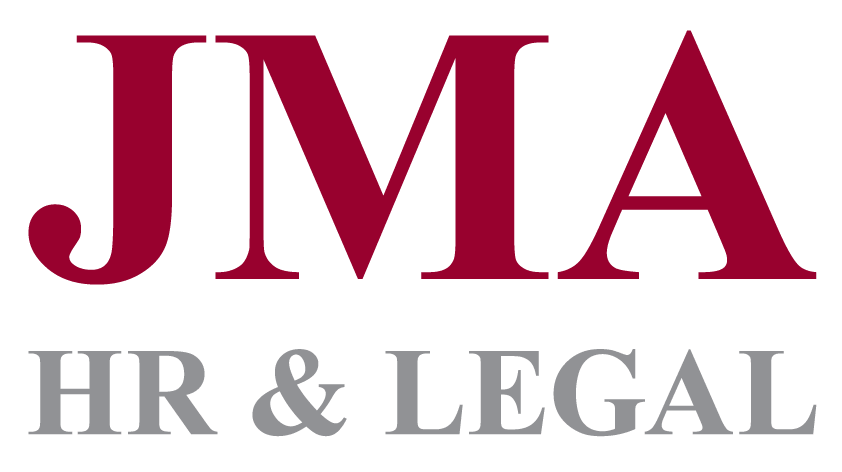One of the areas of conjecture since the introduction of furlough leave has been how employers should manage their workers’ holiday entitlement. We had already had some clarification in the government’s guidance about the Coronavirus Job Retention Scheme and now (published yesterday, 13 May 2020) the Department for Business, Energy and Industrial Strategy has released specific guidance on the matter entitled ‘Holiday entitlement and pay during coronavirus (COVID-19)’.
It should be noted that the guidance has no legal effect and so tribunals will not be required to follow it when deciding working time and holiday pay cases but it provides some helpful information for employers.
Accruing holiday and taking it during furlough
It is clear from the guidance that furloughed workers can continue to accrue entitlement to annual leave under the Working Time Regulations 1998 and take holiday whilst furloughed without bringing the period of furlough to an end. Although consideration should be given to the worker’s circumstances. For example, ‘the employer should consider whether any restrictions the worker is under, such as the need to socially distance or self-isolate, would prevent the worker from resting, relaxing and enjoying leisure time, which is the fundamental purpose of holiday’.
Holiday pay during furlough
The guidance also states that pay for holiday taken during furlough must be ‘the correct holiday pay in accordance with current legislation’, based on normal remuneration. This means that employers may need to top up the worker’s pay for any period of holiday where they are only paying the worker at 80% during furlough.
Should you be allowing workers to carry over holiday?
The guidance also covers the issue of whether to allow the carry-over of holiday following the amendment to the Working Tie Regulations 1998 on 26 March 2020 to enable workers to carry over holiday where it has not been reasonably practicable to take some or all of the basic four weeks’ annual leave due to the effects of coronavirus. The amendment allowed the carry-over of such holiday into the following two leave years.
The guidance explains that employers should consider factors such as whether the business has faced a significant increase in demand due to coronavirus that would reasonably require the worker to continue to be at work and cannot be met through alternative practical measures; the extent to which the business’s workforce is disrupted by the coronavirus and the practical options available to the business to provide temporary cover of essential activities; the health of the worker and how soon he or she needs to take a period of rest and relaxation; the length of time remaining in the worker’s leave year, to enable the worker to take holiday at a later date within the leave year; the extent to which the worker taking leave would impact on wider society’s response to, and recovery from, the coronavirus situation; and the ability of the remainder of the available workforce to provide cover for the worker going on leave.
It is clear that employers should aim to encourage workers to take their holiday entitlement during the relevant holiday year where reasonably practicable so for many workers who are able to carry on working from home or are furloughed it is unlikely to be necessary to require them to carry-over their holiday entitlement.
Please get in touch if you have any questions regarding the issues discussed in this article.
E: enquiries@jma-hrlegal.co.uk / T: +44 (0)1252 821792













Recent Comments